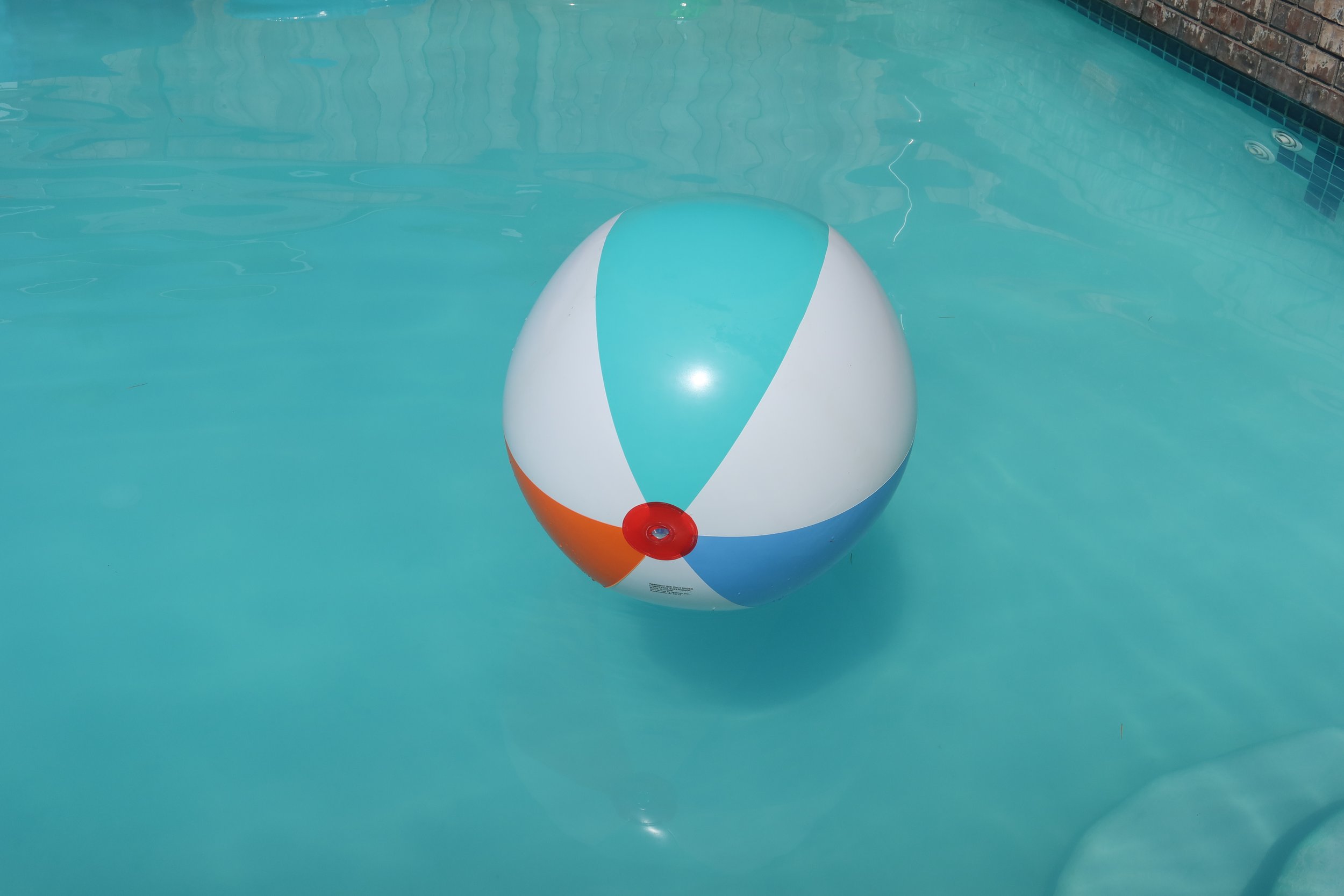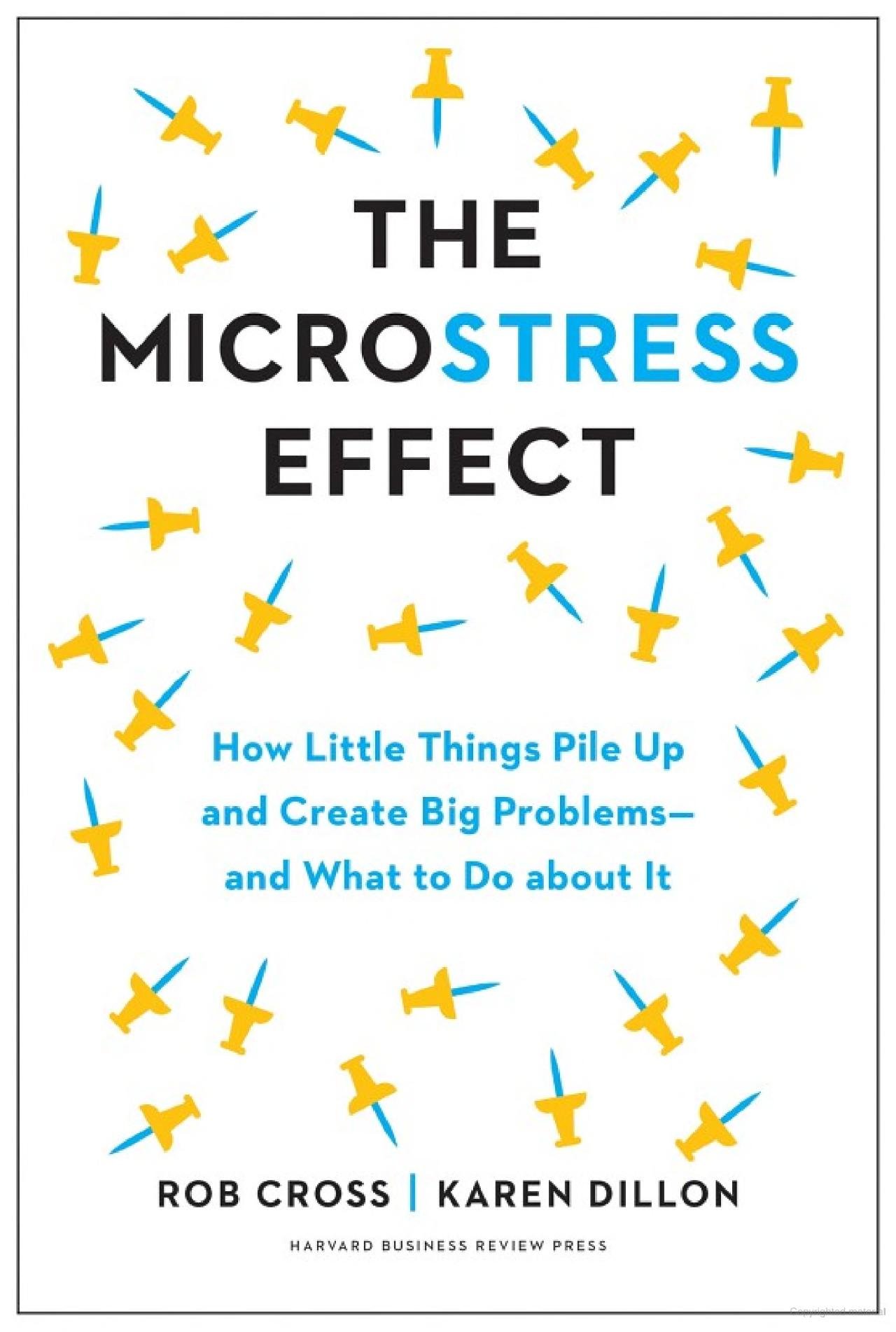Poolside Bookclub
Books to inspire work/life harmony
We use the term work/life harmony instead of work/life balance intentionally. Balance suggests a 50% equation between our work and home lives, but in reality, work is only 1/3 of our weekdays. Work/life balance may lead to guilt if one side requires more attention than the other, such as when our human needs show up in our work environment. We aim for harmony, which encourages boundaries that create symmetry between your personal and professional needs.
Poolside’s goal is to help individuals determine what healthy boundaries look like between themselves and their careers. Each book is selected to educate the readers on various aspects of work/life harmony. Please join us as we read and provide reflection questions on various topics such as burnout, boundary-setting, and how to log off mentally from work at the end of your day!
Below, we have provided the book recommendation, our review, and some facilitation questions to help you and/or your group reflect and implement sustainable goals for work/life harmony. Enjoy being poolside :)
The Diversity Gap
by Bethaney B. Wilkinson
-
Review: The Diversity Gap by Bethaney B. Wilkinson is as timely of a read now as it was when released in 2021. The progress that diversity, equity, and inclusion activists have made over the years is currently under attack by our administration. We have seen the companies who have rolled back their DEI initiatives and it’s past time that we all do our part. To create the liberated society we envision and deserve, those in leadership will have to get comfortable with the uncomfortable and follow the guidance of abolitionist who have been doing this work for a long time. Wilkinson educates us on how we as individuals can make an impact where we work, while providing suggested actions to create environments that challenge systems of white supremacy. This book shows why we must commit to DEI work for the long haul instead of seeking short term solutions. With first hand experiences from the author and the clients she works with, this book will help you build the courage to imagine a better world.
-
“As the problems of racism and white supremacy became more glaring, especially in the organizational context, liberation became nonnegotiable. Everything else felt like a bandaid.”
-
What values of white supremacy can you identify in your workplace?
Do you think your organization is focused on diversity, reconciliation, or liberation for it’s employees?
How is your company proactively anti-racist?
What were you taught personally about racism and anti-blackness growing up?
What systems of white supremacy do you personally uphold and how can you proactively challenge them?
How is your leadership styles impacted by your internal biases?
The Microstress Effect: : How Little Things Pile Up and Create Big Problems--and What to Do about It
by Rob Cross & Karen Dillon
-
Review: The Microstress Effect, by Rob Cross and Karen Dillan, does a great job of explaining how microstressors are inevitable but can be managed with intentional community building. This book highlights how through creating dynamic personal lives, we can negate the impacts of microstressors on ourselves and those around us. The authors remind us that we are not immune from causing tension in our own social and professional circles. It is imperative that we actively reduce the harm caused when we understand how we are creating strain for those in our lives. While we will never rid ourselves of the world’s stressors, this book highlights that through creating dynamic personal lives, investing in clear communication with others, and setting intentional boundaries, we can negate the impacts of how microstressors impact us and those around us.
-
“Many of the people we interviewed shared with us how interactions at work had slowly caused them to shift their values in small steps, until suddenly, when they stopped to look, they didn’t quite recognize who they were anymore. They were just different somehow. This was particularly acute for people whose sense of identity revolves around work. When work is the primary way we identify who we are and what our values is to the world, we can find ourselves simply “going along” with pushes and pulls to our self-identity because we’re party of something larger.”
-
Can you identify 2-3 microstressors you can address in your life?
What helps you counter the effects of microstress in your life?
Who in your community can help you invest in your identities outside of work?
When do you think you took a life goal a step too far and created extra stress for yourself?
Can you think of how one tiny decision has impacted you long term?
How can you add boundaries in your life to help mitigate your microsstressors?
Can’t Even: How Millennials
Became the Burnout Generation
by Anne Helen Petersen
-
Prior to reading this book I believed that burnout was 100% my responsibility. While we each need to take onus over our lives, highlights the systematic issues at play that contribute to societal burnout. This book gives an overview on how work has gotten so exhausting over the years and why the workers need to take their collective power back from the stakeholders where they work.
-
"We convince workers that poor conditions are normal; that rebelling against them is a symptom of generational entitlement; that free-market capitalism is what makes America great and this is free market capitalism in action. It turns legitimate grievance, backed by a union or not, into “ungratefulness” And it standardizes over work and surveillance and stress and instability – the very building blocks of burnout.”
-
At what age did you start feeling busy?
What expectations were placed on your education?
How were you raised to look at your career?
What was your definition of burnout before and after reading this book?
How has burnout impacted your time away from work?
What boundaries do you place between your career and your identity?
Systemically, how have systems been contributing to your burnout?
How do you take care of yourself during burnout?
What expectations should you have on your employer about negating your burnout?
If you can implement one change at your job to help with work/life harmony, what would it be?



